Community Based Rehabilitation
There are new sounds coming from the centre these days.
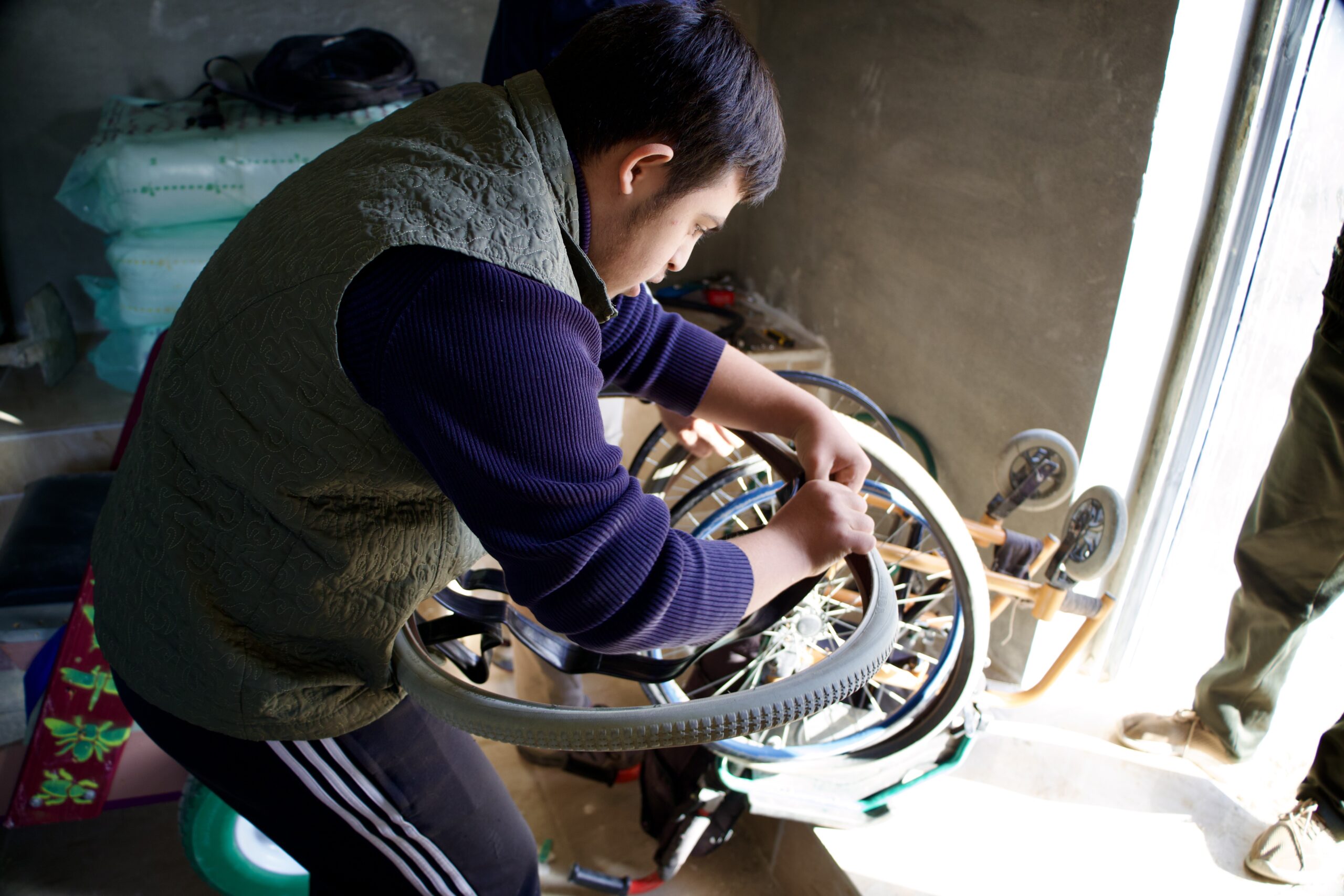
Investing in the Future
There are new sounds coming from the centre these days.
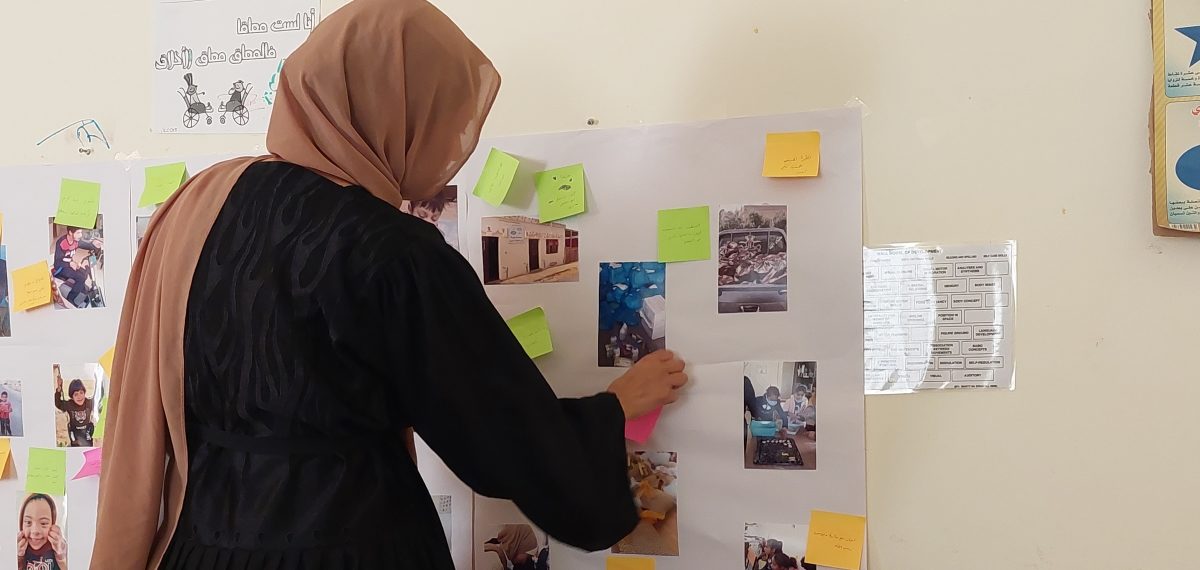
Sing Hello
“Fahid, it is your turn to sing!” Our volunteers encourage and then, with a little bit of prompting, Fahid begins to sing for us.
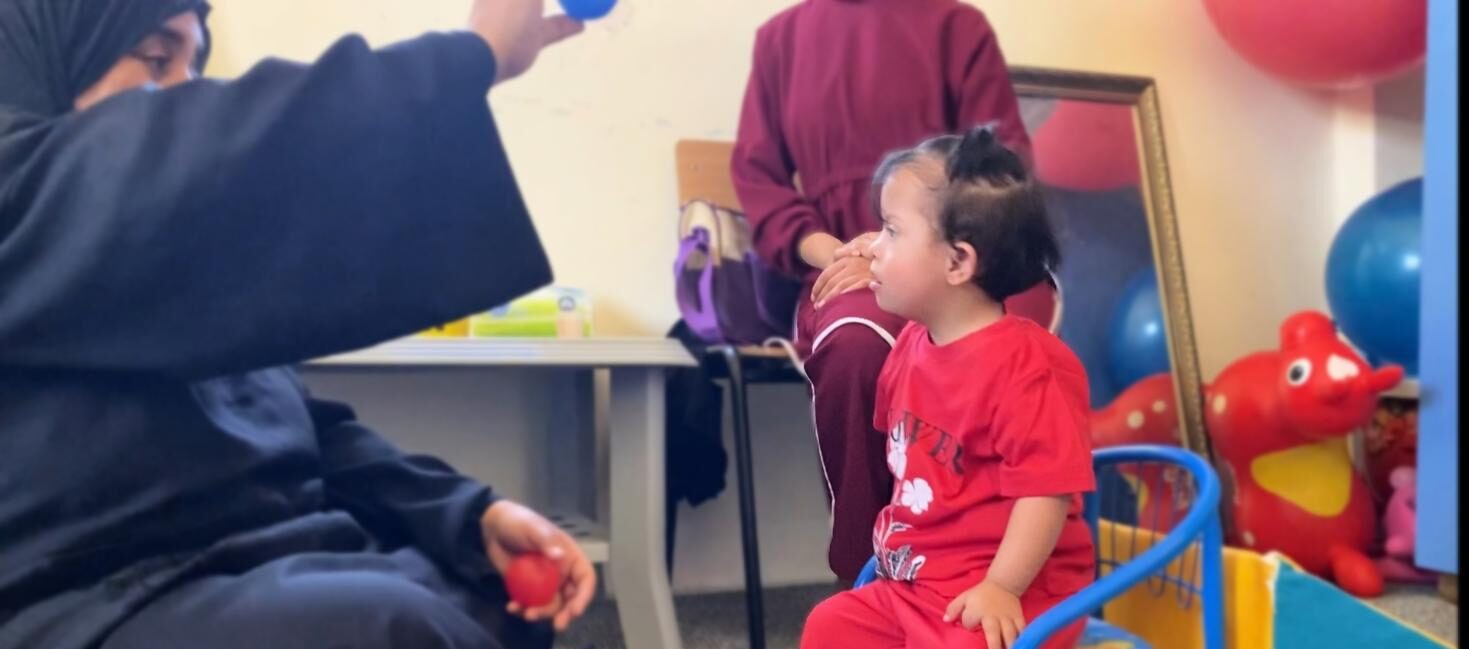
Each Child is Valuable
“I’ve learnt from you that each child is created by God and valuable, and I want to do my best to love and raise her like you would” she said
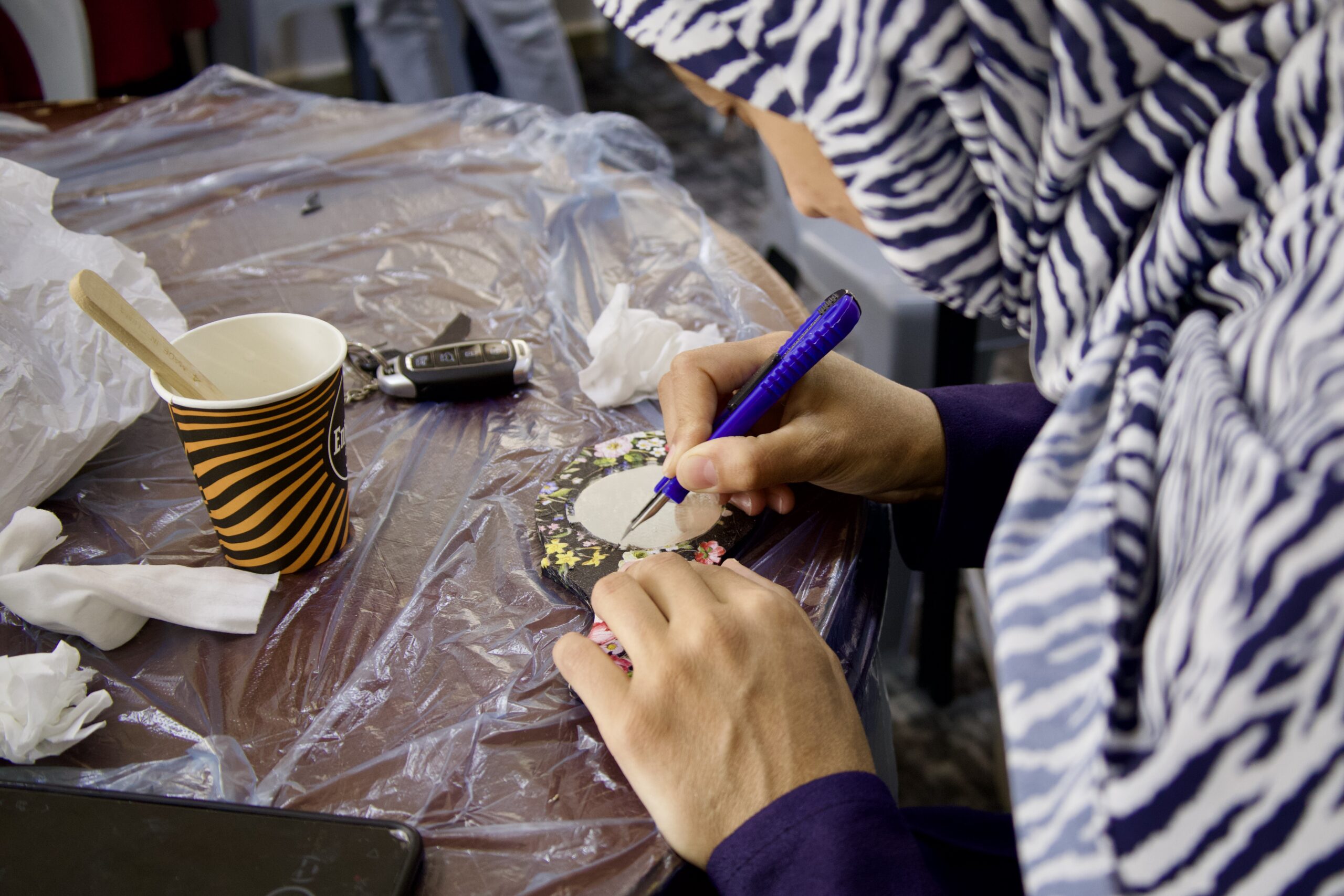
An Event for Mothers
“This is for me?” One of the ladies asked, looking at the beautiful hand-held mirror she just decorated. Her question is perhaps not surprising. For these village women,
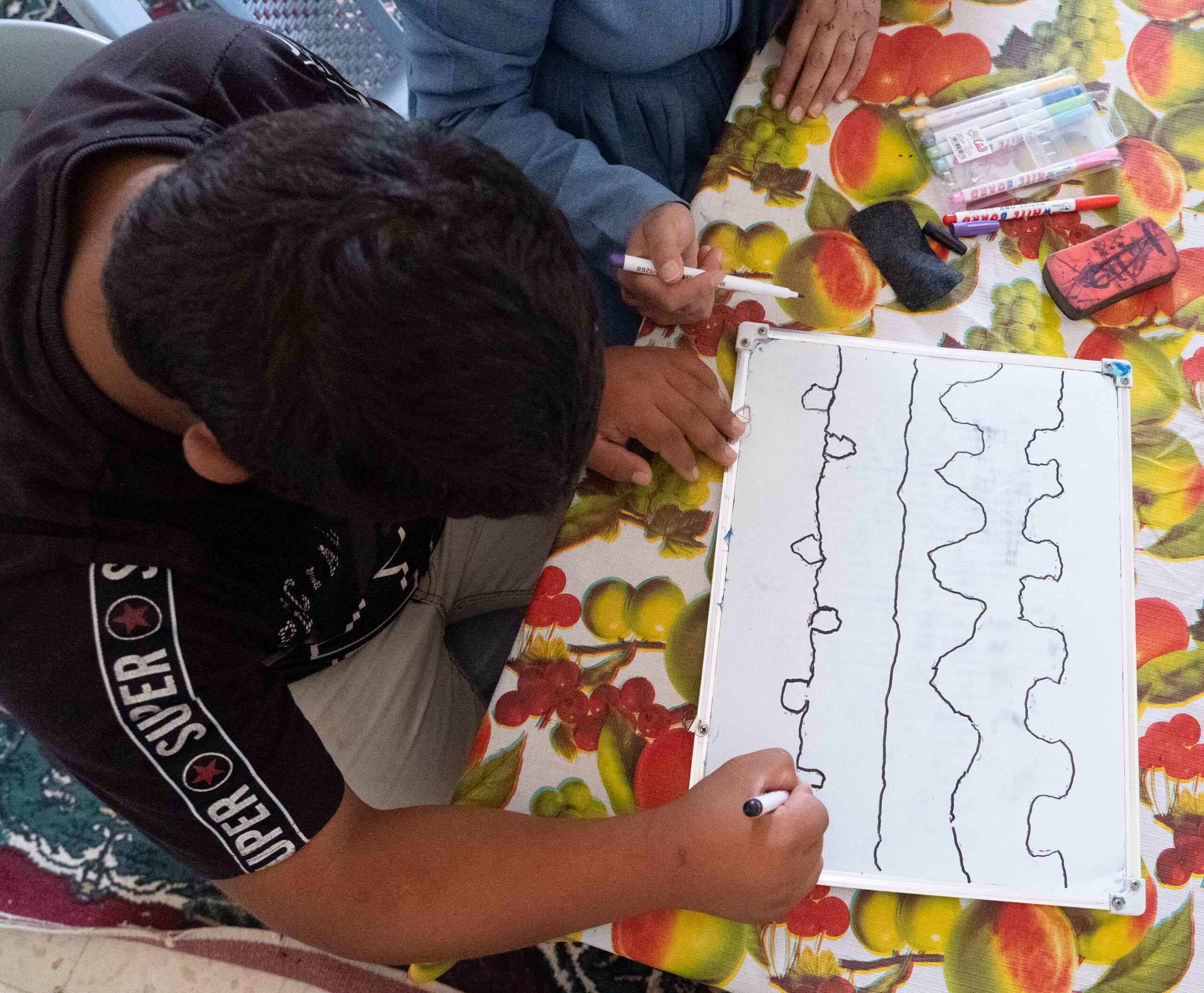
Schooling Requires Cooperation
Adnan loves school. His mother smiles with pride and says to the Operation Mercy team, “Every day he wants to go to school.” Naturally gifted with a friendly and bold personality,
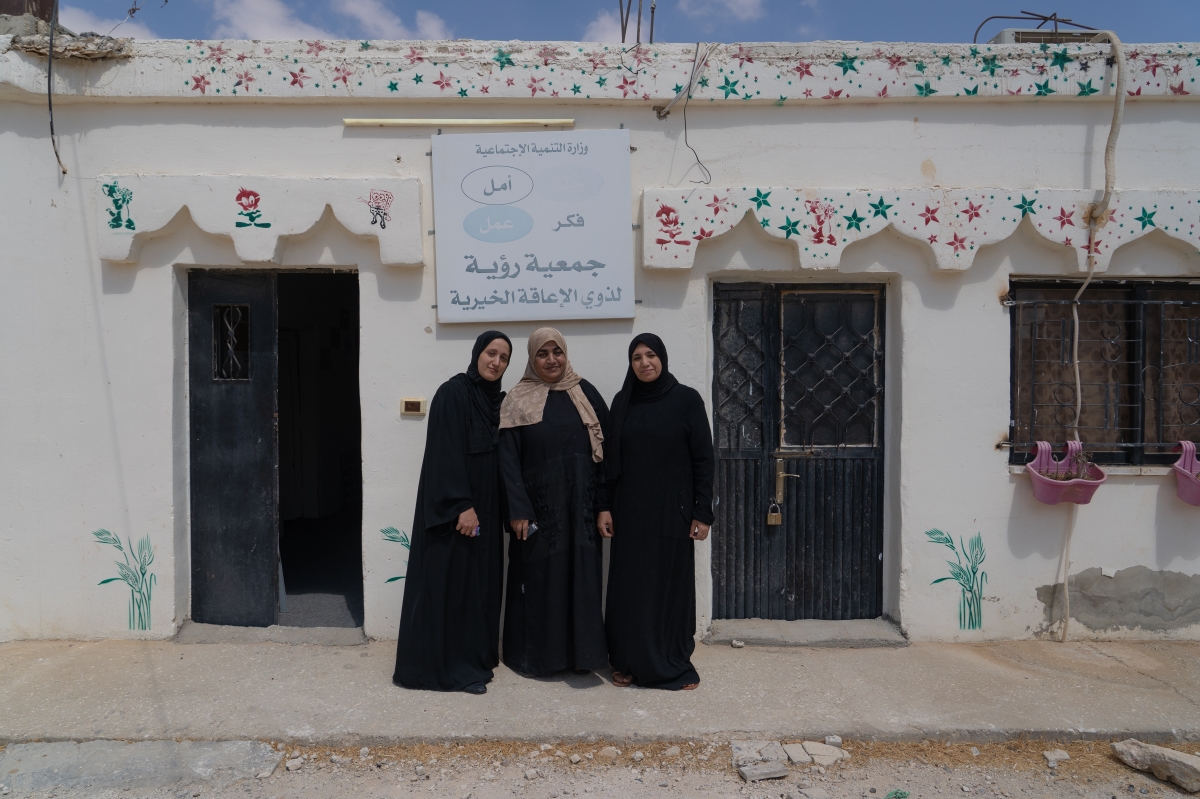
Trading Shame for Acceptance
So these women continue on, persevering on behalf of the children and their community, sharing a love and passion that grows warmer with time and over many more cups of hot tea.
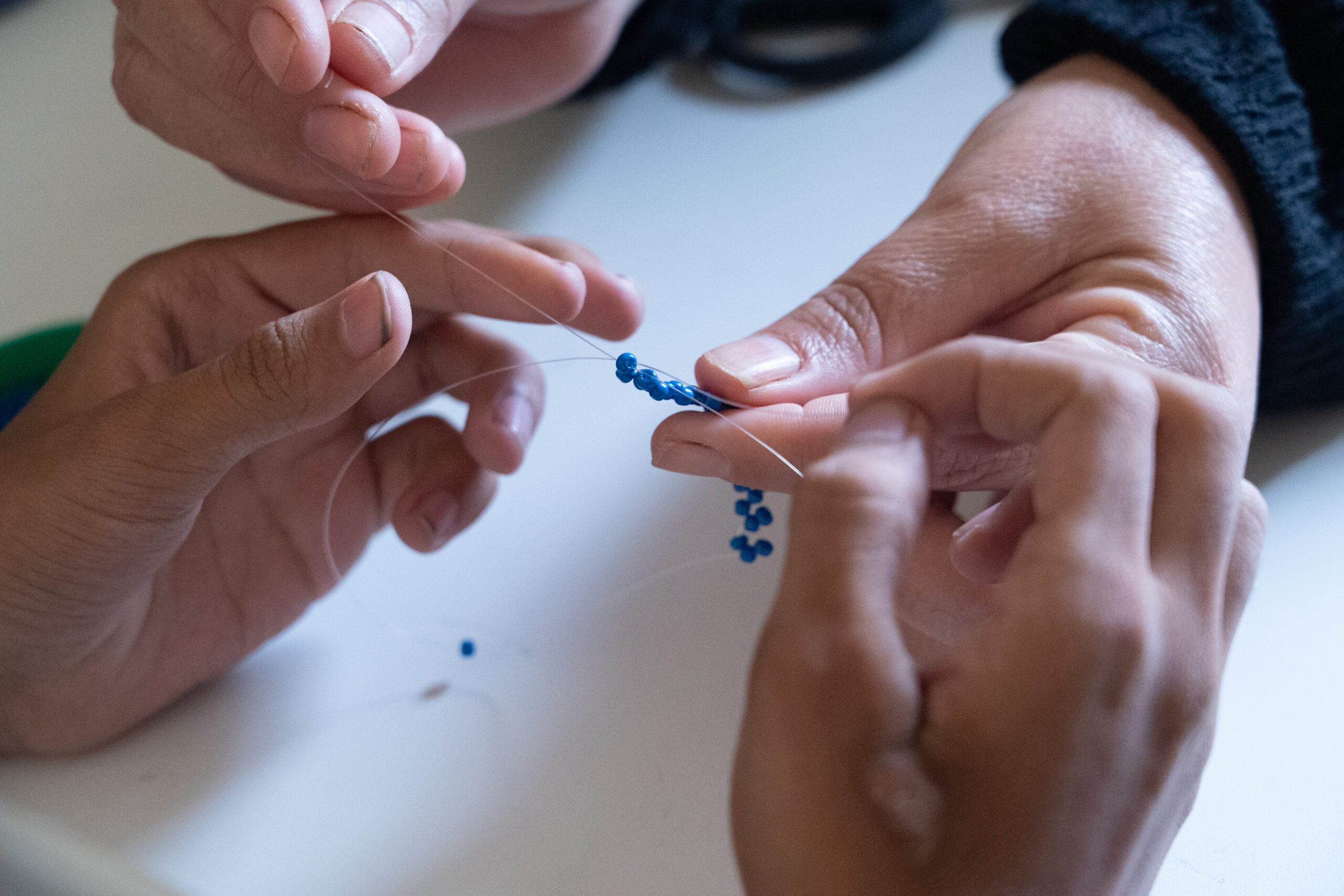
“Will we finally move now?”
“Will we finally move now?” The smile on Rania’s face was unmistakable. A combination of elation, joy, and anticipation was reflected in her expression as she entered the room and,
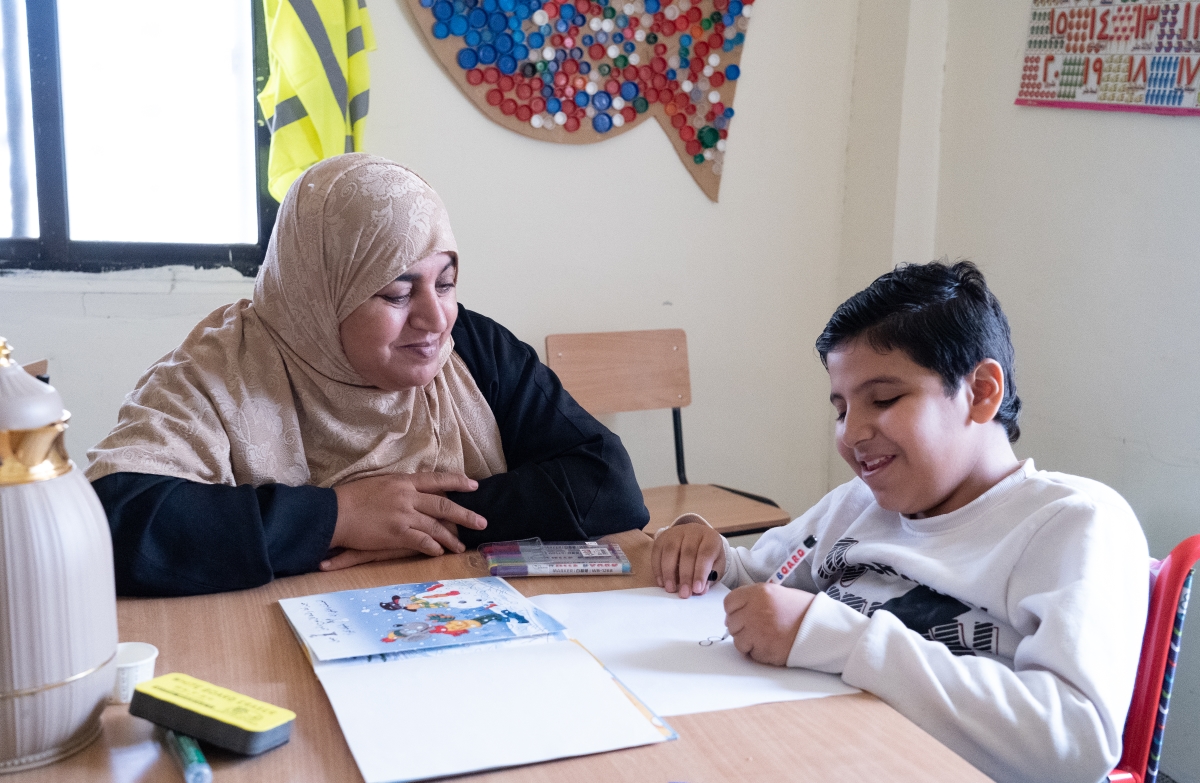
New Horizons
The view of the horizon from the CBR window is changing. As new life sprouts up and lurches forward around the CBR Center and throughout the villages,
